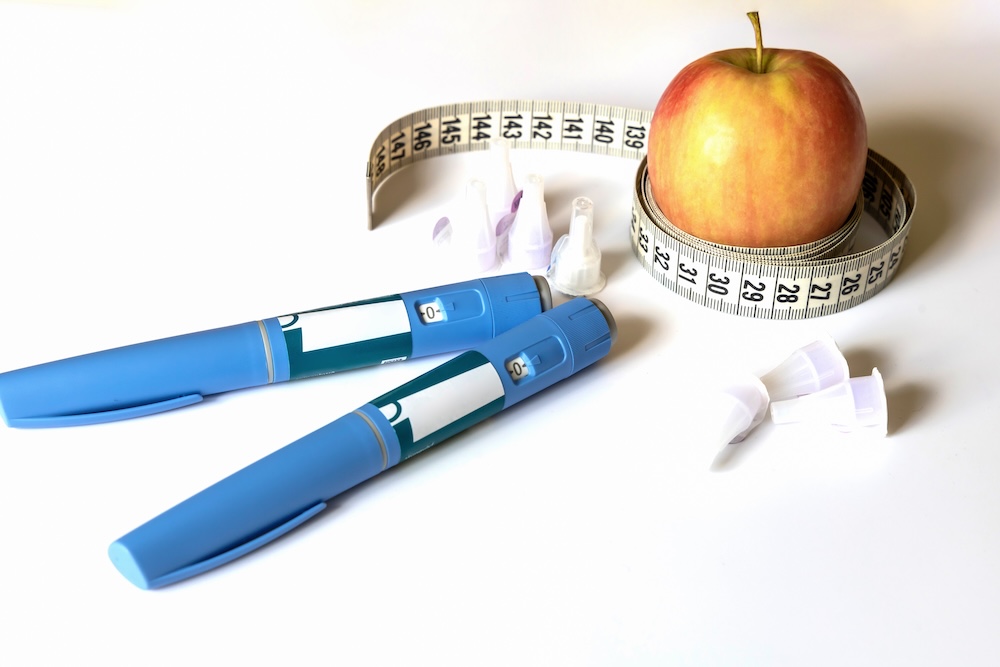News
Health Tech World presents – Ageing and innovation: A global debate

Our sister site Health Tech World recently held a video debate, with experts addressing the issue of ageing.
The World Health Organization (WHO) estimates that by 2030, one in 6 people in the world will be aged 60 or above.
The ageing population will have a huge impact on humanity and global healthcare systems.
This fascinating discussion tackled this head on, covering a huge range of interconnected issues, spanning tech, psychology, pharmaceuticals, data and finance.
The panellists also addressed moving from healthcare to self-care, the role of happiness in ageing and why tackling dementia and inactivity is vital for us to live longer, healthier lives.
The panel featured:
Alex Craig, Partner, Muckle LLP
Shady Hassan, CMO at Donisi Health
Norman Niven, CEO of Medication Support Limited
Professor Naji Tabet, Director, Brighton and Sussex Medical School
Stian Lavik, Chief Business Officer at Motitech
Watch the discussion below:
News
Weight loss jabs my only temporarily reduce ‘food noise,’ study finds
News
Childhood loneliness linked to increased risk of dementia, study finds

Childhood loneliness increases the risk of dementia in later life, according to new research.
Adults who recalled being lonely and without a close friend in childhood faced a 41 per cent higher risk of developing dementia, even if they were no longer lonely as adults.
People who frequently felt lonely without close friends during youth showed accelerated cognitive decline — a worsening of memory and thinking — and started middle age with lower scores on these skills.
Researchers from universities in China, Australia and the US, including Harvard and Boston universities, analysed data from 13,592 Chinese adults tracked from June 2011 to December 2018.
The critical factor was the subjective feeling of loneliness itself. Those who reported often feeling lonely as children had a 51 per cent higher dementia risk, even if some had close friends.
However, those who only lacked close friends but did not feel lonely showed no significant difference in risk.
Nearly half of roughly 1,400 adults in the study reported being lonely and without close friends during childhood.
The 4.2 per cent who experienced both faced the highest risk of cognitive decline.
The link to dementia remained strong even for people who were no longer lonely in adulthood, suggesting early-life isolation can have lasting effects on brain health.
During childhood, the brain develops rapidly and is vulnerable to harm. Loneliness acts as a chronic stressor, flooding the developing brain with harmful hormones that can damage memory centres, and it reduces stimulation from social play and peer interaction that helps build robust neural networks.
A separate 2024 study of more than 10,000 older adults found that specific childhood hardships — including poverty, disruptive home environments or parental addiction — were directly linked to poorer cognitive function later in life.
Youth loneliness appears to be rising, partly linked to widespread social media use.
Among girls, 64 per cent aged five to seven, 67 per cent aged eight to 10, and 73 per cent aged 11 to 13 reported feelings of loneliness last year. More than a quarter of boys aged 11 to 17 in the US report feeling lonely.
Children face growing social isolation, with one in four Americans now eating every meal alone — a rate that has surged by over 50 per cent since 2003. Sharing meals with friends and family helps build bonds and positive memories in youth.
Fewer children are playing outside or joining team sports.
A recent study reported that one in three children do not play outside on school days, and one in five do not do so even at weekends.
The 2024 research found a direct, dose-dependent relationship between childhood adversity and cognitive problems in adults — the greater the early trauma, the greater the later risk.
For each significant increase in early trauma, individuals faced an eight per cent higher risk of daily memory issues and scored lower on objective tests of mental speed and focus.
News
Don’t miss you essential monthly agetech update

Your essential monthly update on agetech’s progress
Welcome to your monthly snapshot of the facts, figures, opinions, trends and challenges shaping the development of agetech.
Our new monthly tracker report aims to provide an concise update for busy agetech professionals on the many factors influencing your work.
Here you will find a concise breakdown of deals, developments and opportunities from the last 30 days; and insight and opinion from leading thinkers in the field.
We hope you find something useful and/or inspiring below – and welcome any feedback about what else you’d like to see included.

 News2 weeks ago
News2 weeks agoBlood tests ‘could revolutionise dementia diagnosis,’ expert says

 Research2 months ago
Research2 months agoRound up: Joint venture to advance Klotho-based therapies, and more

 Markets & Industry1 month ago
Markets & Industry1 month agoHesperos wins grant to tackle drug-induced dementia

 News6 days ago
News6 days agoTool predicts Alzheimer’s risk years before symptoms appear

 News2 months ago
News2 months agoBrain shape changes could offer early warning signs of dementia, study suggests

 News3 weeks ago
News3 weeks agoCanada approves Leqembi for early Alzheimer’s

 Wellness3 weeks ago
Wellness3 weeks agoEthnic minorities more likely to underreport health problems, research finds

 Wellness1 month ago
Wellness1 month agoHigh fat diet may keep brain young, study suggests



































